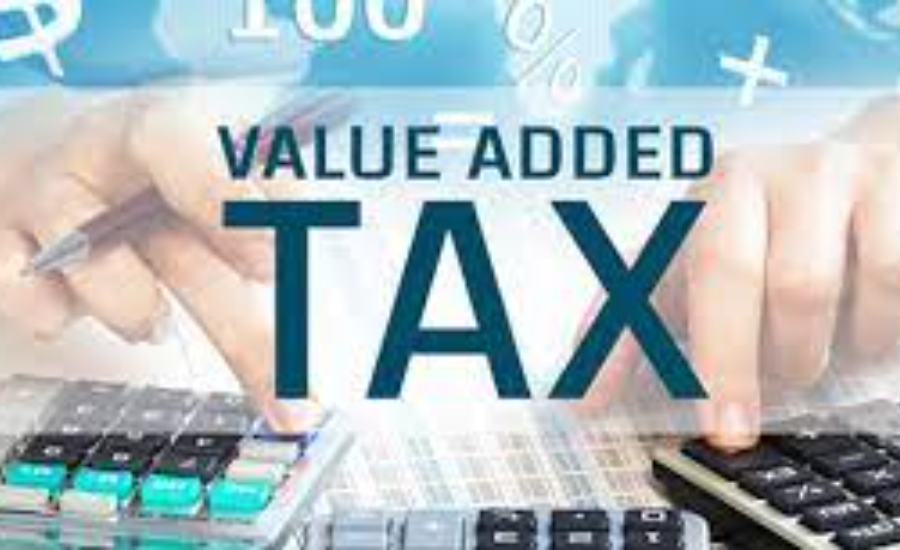Tax is defined linguistically in the dictionary of meanings as being what is imposed on the property, work, income of the state, purchases, and services, and the taxpayer is the one who is responsible for paying the tax.
Those who are exempt from tax are those who are not subject to tax. Tax inclusion is a principle that stipulates that all citizens must pay taxes Including foreigners residing in the country.
Different Types of Compulsory Taxes and Their Applications
Compulsory taxes are contributions to which companies and individuals are subject, such as taxes and social insurance contributions.
There is a capital tax (personal tax), which is a tax imposed on the citizen himself.
The property tax is imposed on real estate owned by individuals, while the indirect tax is a tax paid by companies and reflected on customers as a customs tax.
The direct tax, according to what is stated in the Dictionary of Meanings, is a tax imposed on the income of the taxpayer.
Tax revenues are usually allocated to cover the costs of public services. There are several types of taxes, including direct tax and indirect tax.
Value-Added Tax in the UAE
VAT is an indirect tax. This tax may sometimes be referred to as a type of consumption tax.
It is imposed on most supplies of goods and services that are bought and sold. More than one hundred and fifty countries apply value-added tax.
VAT is charged at every stage of the ‘supply process’.
The final consumer is the one who bears its cost, while businesses collect and calculate the tax for the government on the basis that the value-added tax rate is 5%.
VAT Calculations
Businesses must register for VAT if their taxable supplies and imports from abroad exceed the mandatory registration threshold of AED 375,000.

Businesses can also register for VAT optionally if their taxable supplies imported from abroad are less than the mandatory registration threshold.
Provided that the voluntary registration limit exceeds 187,500 dirhams. Any business may register voluntarily if its expenses exceed the voluntary registration limit.
The tax due represents the difference between the output tax due for a specific tax period, and the input tax recoverable for the same tax period.
If the output tax exceeds the input tax, the difference is paid to the Federal Tax Authority.
If the picture is reversed, the taxable person can obtain a refund from the Federal Tax Authority.
Today, the Federal Tax Authority website and the official portal of the UAE government provide a value-added tax calculator
So that consumers can ensure that the amount of tax imposed on their purchases is calculated.
The amount can be easily calculated by entering the amount before tax in the first box
The calculator inserts the amount in UAE dirhams after calculating the “added value” in the second box.
Registering Value-Added Tax in the UAE
VAT Registration UAE is one of the most prominent offices providing tax registration and value-added tax registration services in Dubai.
Every establishment can register for value-added tax through the electronic services section of the Federal Tax Authority’s website
The organization must create an electronic account on the website to start the service.
VAT is applied equally in all UAE and their free zones, except for the free zones that are designated by the UAE Council of Ministers as “specific free zones.”
Accordingly, these areas are considered outside the UAE for tax purposes.
Transport of goods between designated free zones is also not subject to taxes.
Value-Added Tax Returns
The tax returns is known as the official document that organizations subject to value-added taxre must fill out and submit to the Federal Tax Authority for each tax period determined by the authority.

The tax return sets out any output tax due, any recoverable input tax, as well as any other details.
The output tax is defined as the value-added tax that the taxable person calculates and imposes on the goods and services he supplies after registering them in the value-added tax.
As for input tax, it is the value-added tax that the supplier adds to the price when the recipient purchases goods or the recipient purchases services subject to value-added tax.
Monthly and Quarterly Tax Returns
It was decided to introduce exceptional amendments to several works. This included extending tax periods, which lasts from one to three months for some works, for the first application period of the year 2018.

- The tax periods will then be monthly for these businesses.
- The quarterly tax period has also been amended.
- Thus, the first period for some works is only four months, and for others five months.
- The tax periods must be quarterly after the end of the first exceptional tax periods of 2018.
- No amendments were made to businesses whose first tax period was three months.
- This is an overview of the value-added tax in Dubai and the UAE in general, VAT Registration UAE and its services
- VAT Registration UAE is considered the most prominent office that provides value-added tax services in Dubai and the UAE.
Tags




